The Blues Origin in Music: Underrated Legends and Timeless Sounds
The blues origin, with its rich history and soulful melodies, has left an indelible mark on the music world. Yet, it is often overlooked and underappreciated by many. In this exploration of blues music, we delve into the roots and evolution of this captivating genre, shining a spotlight on both renowned pioneers and underrated artists who have contributed to its enduring legacy. From the early days in the late 1800s, African Americans in the Southern United States created a musical expression that would resonate across generations.
The Blues origin is characterized by its heartfelt lyrics, expressive vocals, and evocative guitar playing. It tells stories of pain, struggle, love, and redemption, capturing the essence of the human experience. Despite its profound influence, some artists have not received the recognition they deserve, overshadowed by their more renowned counterparts. Today, we shed light on these unsung heroes who have left an indelible impact on the blues music landscape.
Join us on a journey through the pages of blues history, where we encounter artists like Wee Willie Walker, whose soulful voice mesmerized audiences, and John Lee Hooker, whose electrifying guitar playing revolutionized the genre.
We also pay homage to Howlin’ Wolf, whose powerful vocals and unforgettable songs have become iconic in the blues canon, and T Bone Walker, a trailblazer known for his mastery of jump blues and electric blues. Memphis Minnie, a true queen of the blues, captivated listeners with her dynamic performances, while Lightnin’ Hopkins, with his distinct style and prowess on the guitar, became a symbol of authenticity in the blues world. And let us not forget Lil Green, Black Ace, Shake Jake Harris, and the legendary B.B. King, whose contributions to the blues genre continue to resonate with audiences worldwide.
These artists, though often underrated, have left an indelible mark on blues music. Their songs, steeped in emotion and raw talent, deserve to be heard and cherished. So, take a moment to immerse yourself in the sounds and stories of these incredible musicians. Discover their hidden gems and rediscover the timeless power of the blues.
Step into the world of the blues, where pain finds solace, and the heart finds its voice. Get ready to be captivated by the undeniable beauty of blues music, as we honor those who have shaped this genre and celebrate their enduring legacy.
What is the blues origin?
The origin of blues music can be traced back to the late 19th century in the southern regions of the United States, particularly among African American communities. It emerged as a result of the fusion of various musical traditions, including African music brought by enslaved Africans, work songs, spirituals, and the musical influences of European immigrants.
The Blues origin is deeply rooted in the experiences and struggles of African Americans during that time, reflecting the harsh realities of slavery, oppression, and discrimination. It served as a form of musical expression and storytelling, allowing individuals to share their emotions, hardships, and hopes through music.
The blues drew inspiration from a variety of sources. African musical traditions, characterized by rhythmic complexity, call-and-response patterns, and improvisation, were blended with the lyrical and melodic structures of European folk and classical music. African American work songs and field hollers, used to alleviate the monotony and coordinate labor, also played a significant role in shaping the blues.
The earliest forms of blues were often performed by solo musicians using acoustic instruments such as guitars and harmonicas. They would sing about personal experiences, heartbreak, loneliness, and the struggles of everyday life. As the genre evolved, blues musicians began forming bands, incorporating additional instruments such as pianos, bass, drums, and horns.
The Mississippi Delta region, known for its fertile soil and cotton plantations, is considered the birthplace of the Delta blues, one of the earliest and most influential styles of blues music. Musicians like Robert Johnson, Son House, and Charley Patton were instrumental in shaping the Delta blues sound.
During the Great Migration of African Americans from the South to urban areas in the North, blues music spread and underwent further transformations. It adapted to new environments and influences, giving rise to various regional styles such as Chicago blues, Texas blues, and Piedmont blues.
Over time, blues music had a profound impact on the development of other genres, including jazz, rock and roll, rhythm and blues, and soul. Its influence can be heard in the works of countless musicians and bands who have incorporated blues elements into their music.
Today, the blues origin continues to be celebrated and performed worldwide, both in its traditional form and in contemporary interpretations. It remains a vital part of music history, serving as a testament to the resilience, creativity, and cultural heritage of African Americans and the universal power of music to convey the human experience.
Wee Willie Walker
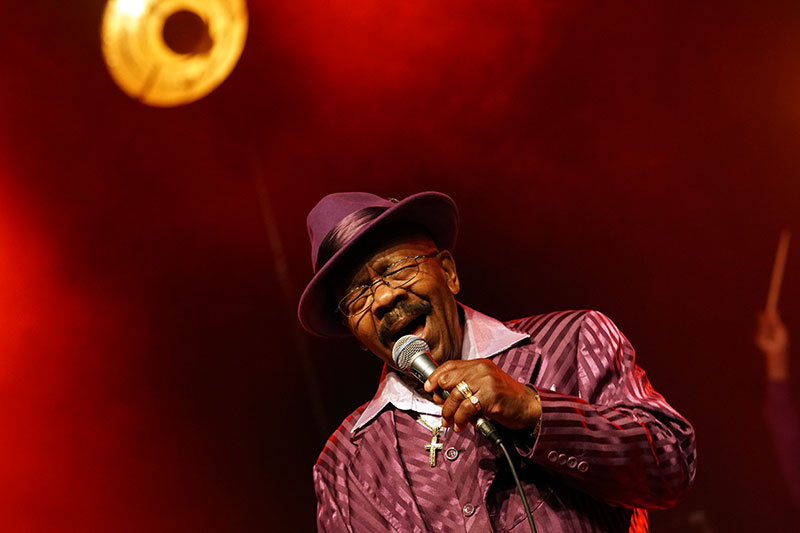
Wee Willie Walker was born in December 1941 in Hernando but was raised in Tennessee. As a teenager, he sang with gospel groups in his hometown and toured with the Redemption Harmonizers. While on tour in 1960, he decided to stay with a bandmate in Minneapolis instead of returning home. There, he joined a vocal group and achieved great success. He released his first song in 1967 and recorded more songs in 1968. However, they did not achieve much commercial success. Throughout his life, Wee Willie Walker continued to sing and perform. He passed away in November 2019.
John Lee Hooker
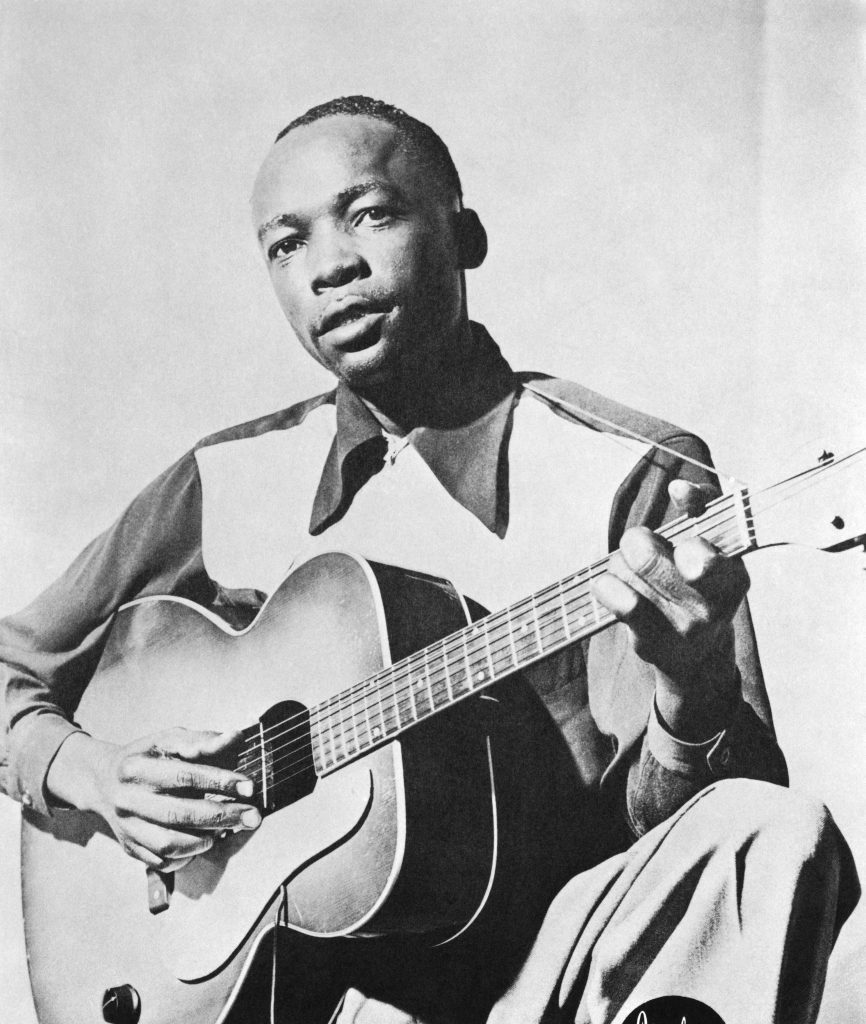
John Lee Hooker was born in August 1912 in Mississippi. His mastery of the electric guitar and his ability to play delta blues were what propelled him to fame. Hooker incorporated various elements into his music, such as talking blues, and created his distinctive boogie-style driving rhythm, setting it apart from the boogie-woogie of the 1930s and 1940s. He was regarded as one of the greatest guitarists of all time. John Lee Hooker passed away in June 2001.
Howlin’ Wolf
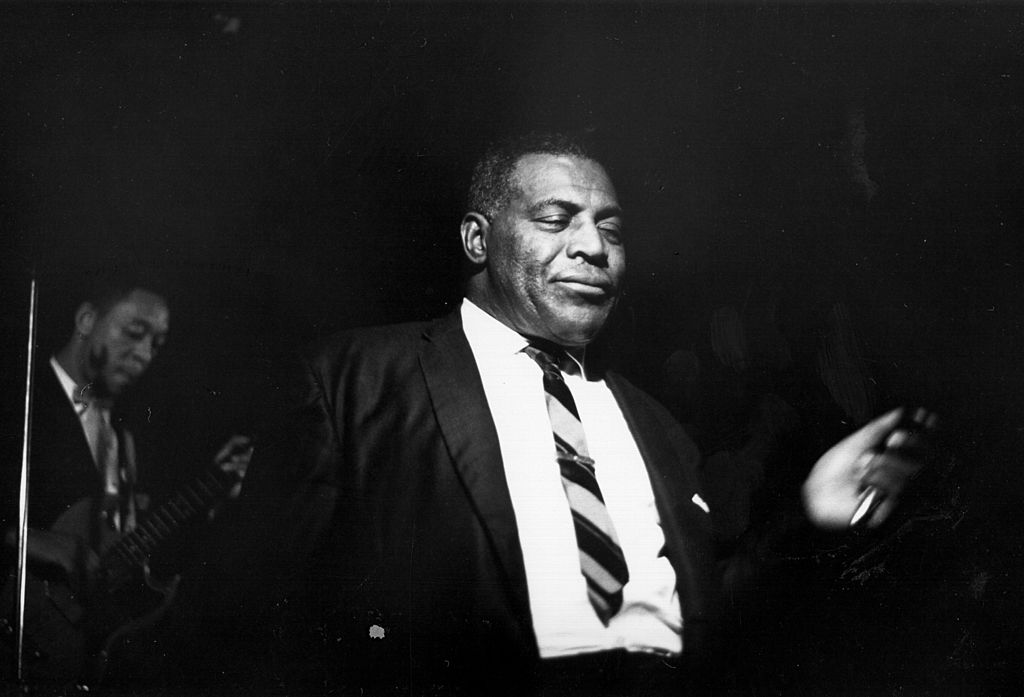
Howlin’ Wolf, an underrated superstar of blues origin, was born on June 10, 1910, in Mississippi. As an adult, he moved to Chicago and found success as a guitarist, harmonica player, and a blues origin singer. He possessed a stunning voice and was known for his impeccable and unmatched vocals. Several of his songs, including “Spoonful” and “Killing Floor,” have become standards in the blues genre. Howlin’ Wolf was also ranked fifty-fourth on the list of the 100 Greatest Artists of All Time. He passed away in January 1976.
T Bone Walker
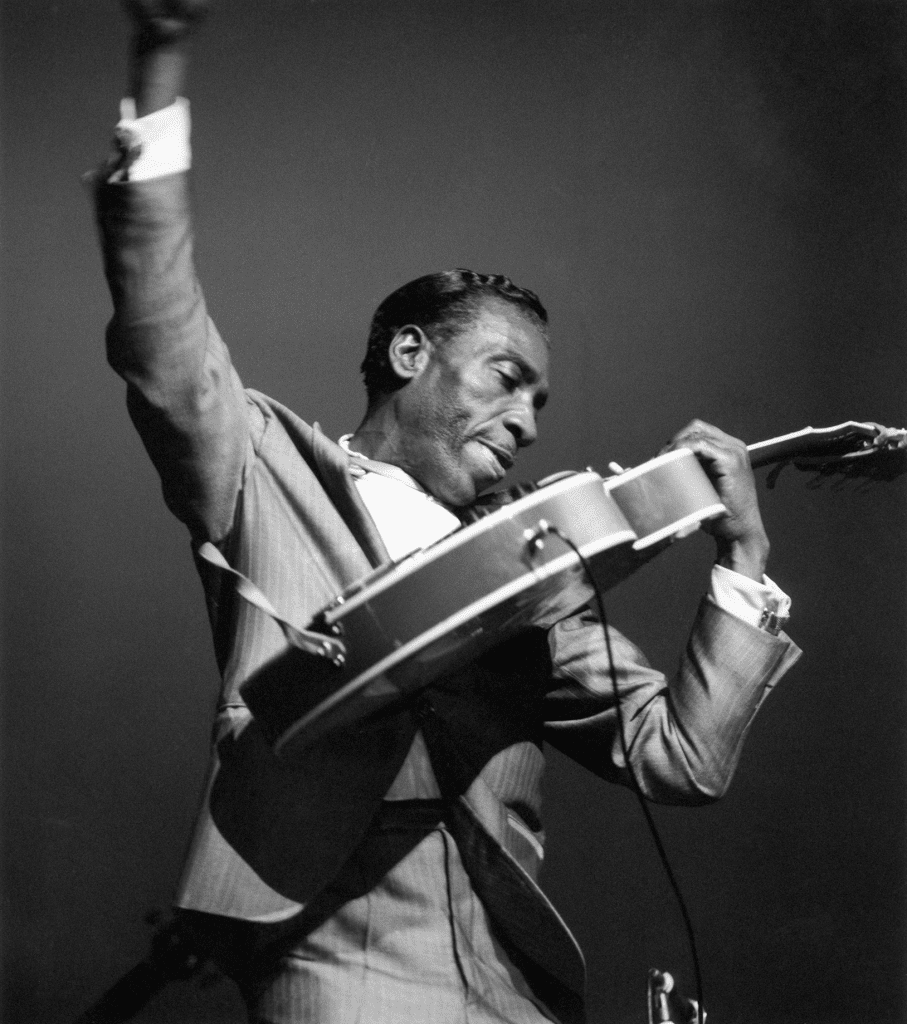
Aaron T Bone Walker was born in May 1910 in Texas. He began his singing career in the blues origin in 1920 as a teenager in Dallas. Both of his parents were musicians, and he became a professional performer at a young age. He released his debut album in 1929 and pioneered jump blues and electric blues. T Bone Walker passed away in March 1975 due to health complications.
Memphis Minnie
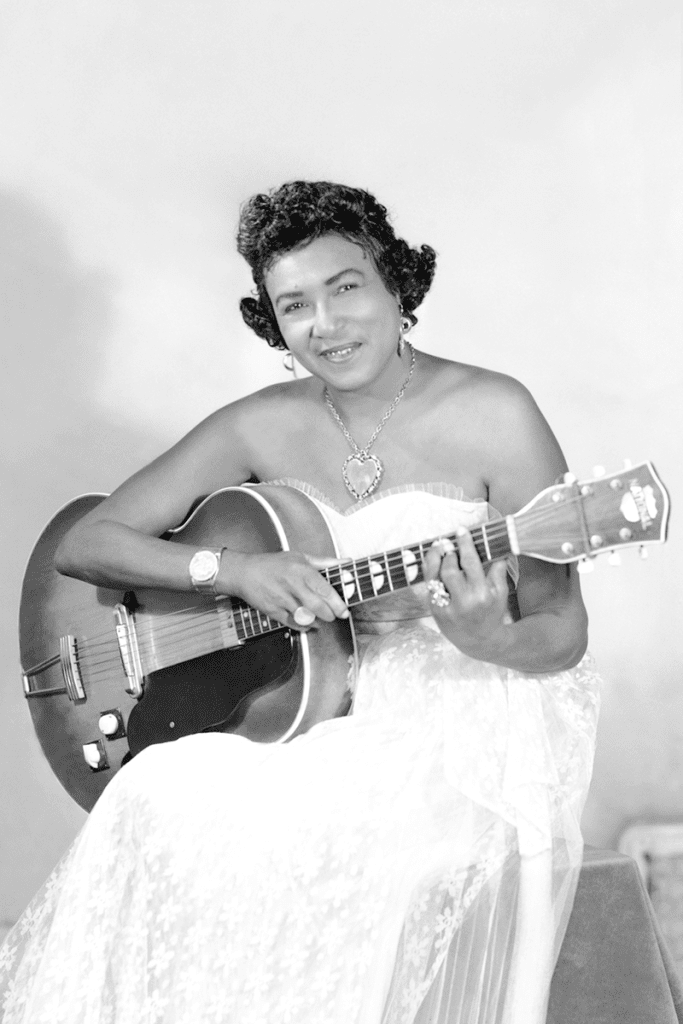
Memphis Minnie, also known as Lizzie Douglas, is one of the queens of female blues singers in the blues origin. She was born on June 3, 1897, in Louisiana. At the age of thirteen, Memphis Minnie ran away from home in 1910. She performed on the streets of Beale Street and would return home when she lacked money. After being spotted playing outside a barbershop, she released a couple of records in Columbia with her second husband. Her song “Bumblebee,” released in 1930, became one of her most popular releases. Memphis Minnie established herself well in Chicago but passed away in August 1973 after her health declined.
Lightnin’ Hopkins

Samuel John “Lightnin'” Hopkins was born on the 15th of March 1912 in Texas. Although his early life had many challenges, including imprisonment, he managed to make a comeback in the music world.
In 1946, he recorded a total of twelve records together with Wilson Smith, showcasing the blues origin. Throughout his career, he was seen as an artist whose music and actions were closely aligned. He was ranked 71 on the list of the greatest guitarists of all time. He died on the 30th of January 1982.
Lil Green
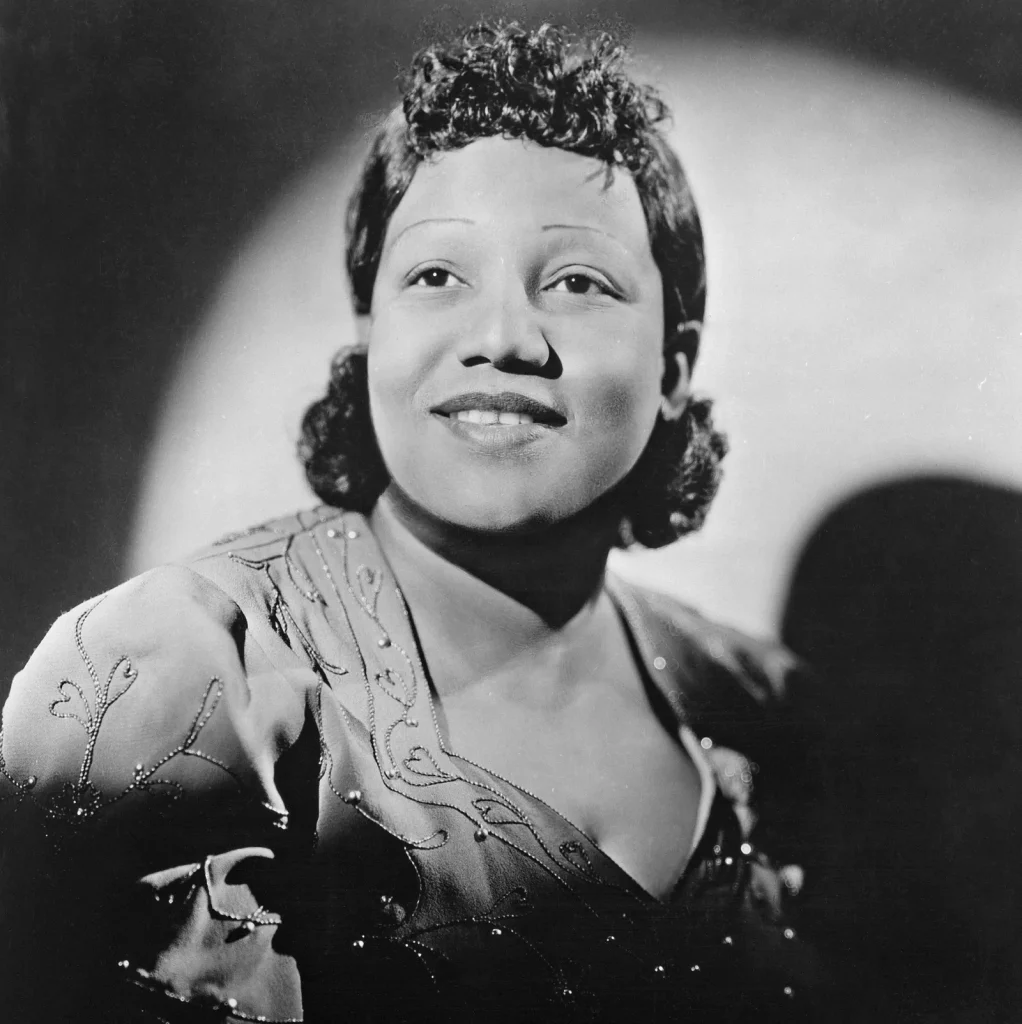
Lil Green was born on the 22nd of December 1919 in Mississippi. She began performing as a teenager after the passing of both her parents. In 1929, she moved to Illinois. Her biggest hits were released in 1940. Lil Green is considered one of the greatest blues origin singers to ever exist. She passed away in April 1954.
Black Ace
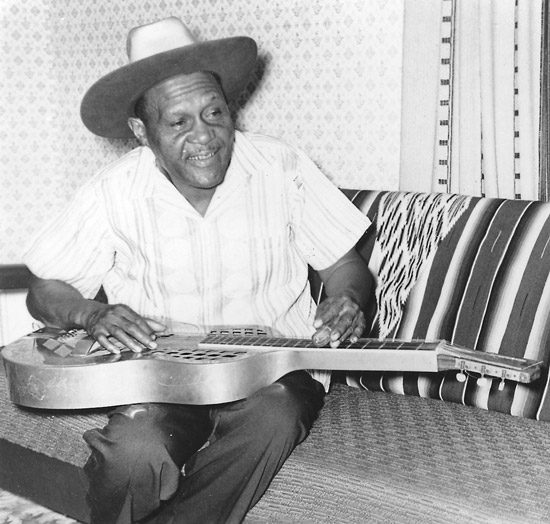
Black Ace, also known as B.K Turner, was born on the 21st of December 1905 in Texas and was raised on a family farm. Ace taught himself to play the guitar in the blues origin. He started performing in Texas in the late 1920s and often played with Smokey Hogg, a guitarist known for his Hawaiian style of playing with the instrument laid flat on his lap. Black recorded his first six songs in 1937 and that same year started his radio show, which used one of his songs as the theme song called “Black Ace.” This is how he adopted the name as well.
Shake Jake Harris
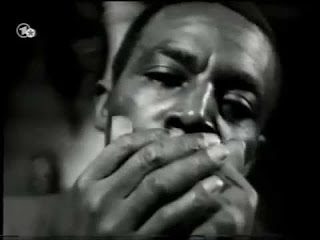
Shake Jake Harris was born on the 24th of August 1925 in Little Rock. He was formerly known as Jake Woods. As a child, he moved to Saginaw, Michigan, with his family. In 1973, he intended to attend the Ann Arbor Festival but decided to stay when he arrived.
He became a well-known street musician and storyteller in Ann Arbor, especially among the students. Jake strummed his guitar and sang his heart out in the streets of Ann Arbor, selling his music on CDs. He even had bumper stickers and T-shirts with his slogan. Jake died from kidney failure at the age of 82 in September 2007.
B.B. King
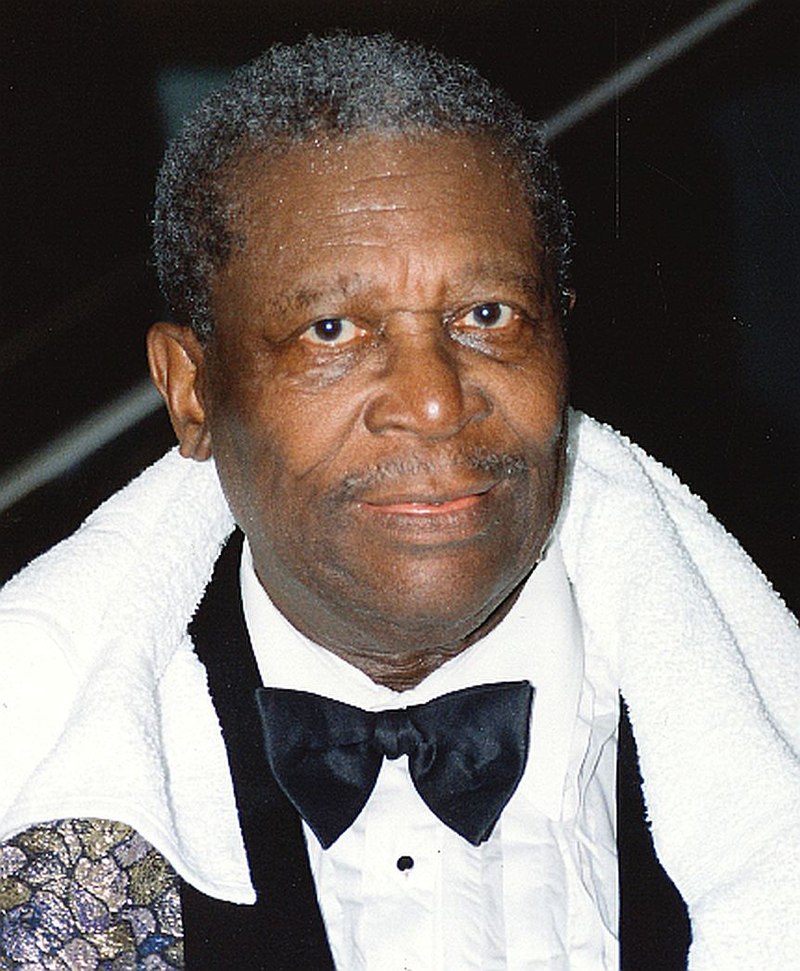
Riley B.B. King was born in Mississippi on the 16th of September 1925 and died on the 14th of May 2015. King began singing in the church choir and was particularly drawn to the guitar. He was a prominent figure on Beale Street from the late 1940s through the early 1950s.
He started recording his songs in the blues origin in 1949. Known as the “King of Blues,” he remains one of the most influential blues artists to have ever lived. Throughout his life, he performed tirelessly, averaging more than two hundred shows each year.
Conclusion
In conclusion, the blues genre stands as a testament to the resilience and creativity of African American musicians who transformed their experiences into soul-stirring melodies. While some blues artists have attained legendary status and worldwide recognition, there exists a treasure trove of underrated musicians whose contributions have not received the attention they truly deserve.
From Wee Willie Walker’s heartfelt vocals to John Lee Hooker‘s mesmerizing guitar playing, each artist mentioned in this exploration of blues music has left an indelible mark on the genre. Howlin’ Wolf, T Bone Walker, Memphis Minnie, Lightnin’ Hopkins, and many others, though perhaps overlooked by the mainstream, have undeniably shaped the landscape of blues music.
Their songs, filled with raw emotion and profound storytelling, have the power to transport us to a different time and place. They paint vivid pictures of love, loss, and the human experience, capturing the essence of the blues. These artists are the unsung heroes, the hidden gems waiting to be discovered by those willing to delve deeper into the rich tapestry of blues history.
So, take a moment to explore their music, to listen and appreciate the authenticity, passion, and talent that flows through their songs. Let their melodies and lyrics resonate with your soul, for they carry the weight of generations and the spirit of a timeless genre.
If you have yet to delve into the world of these remarkable artists, we urge you to embark on a musical journey. Open your ears and your heart to their captivating melodies, and you will be rewarded with a newfound appreciation for the depth and artistry of the blues. These underrated legends may have been overlooked by some, but their music is a testament to the enduring power and beauty of the blues genre.
In the realm of the blues orgin, recognition may come and go, but the spirit of the music lives on. So, let us remember and honor these unsung heroes, for they are the threads that weave the rich tapestry of blues origin history. Their melodies continue to echo through the years, reminding us of the profound impact the blues has had on our lives and the collective human experience.
So, go forth, listen, and share the blues with others. Let us keep the legacy alive, ensuring that these underrated artists receive the appreciation and recognition they so rightfully deserve. The blues origin in music has a deep and lasting impact, and through our embrace of these artists, we keep the flame of the blues burning bright for generations to come.



